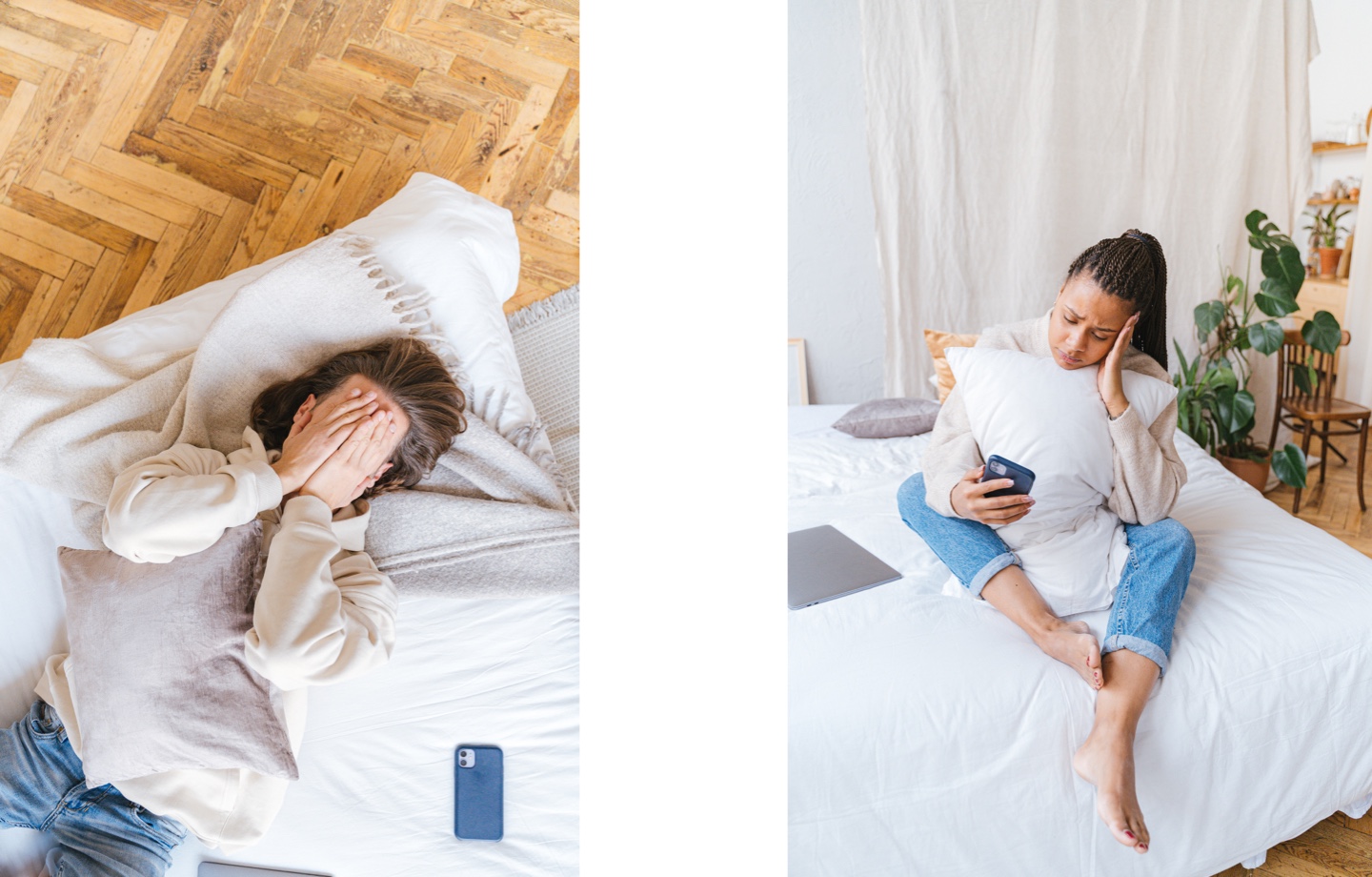We sleep better when we sleep cool, but warming temperatures are keeping us up at night. And the consequences on our health are massive.
You’ve got your breathable natural mattress, bedding, and pillows. The fan is cranking. But you’re still tossing and turning. Blame climate change.
Researchers recently found that global warming has already eroded 45 hours of sleep per person per year by causing them to fall asleep later and wake up earlier.
It makes sense. We sleep better when we sleep cool. And climate change makes things warmer. The average global temperature has increased about two degrees Fahrenheit since the pre-industrial era, and the warmest seven years on record have all occurred since 2015.
“Temperature is perhaps the most underappreciated factor determining the ease with which you will fall asleep tonight, and the quality of sleep you will obtain,” writes Dr. Matthew Walker in his bestselling book Why We Sleep.
The landmark sleep study pulled data from wearables, like Apple Watch, to observe over 10 billion nights of sleep from 47,000 people across 68 countries and compared the results to meteorological and climate data.

Read more: How to Sleep Better
The study found that people in warmer climates lost more sleep than those in colder climates, suggesting that we don’t eventually adapt to sleeping in warmer temperatures. That doesn’t bode well for an ever-warming planet.
Since data-collecting wristbands are most common among wealthier adults, scientists also suggest the results are more extreme for those closer to the poverty line, who are generally more at risk of heat exposure.
Read more: Why Listening to Your Circadian Rhythm Is Essential to Good Health
Researchers also noted that for the elderly, sleep quality is twice as impacted by warming temperatures because humans are more thermally sensitive as we age.
The consequences of lost sleep can’t be overstated. Even sleeping six to seven hours, compared to the recommended eight, compromises our immune system, doubling the risk of cancer. Sleep deprivation is associated with obesity, Alzheimer’s, diabetes, high blood pressure, heart disease, and shorter life expectancy — not to mention decreased productivity (insufficient sleep costs the U.S. two percent of its GDP annually).
When we don’t practice good sleep habits, we put others at risk, too. Accidents caused by drowsy driving exceed those caused by alcohol and drugs combined.
“Using rigorous methodology and an unprecedented dataset of human wearables around the globe, the study has demonstrated how the loss of sleep due to rising temperatures could worsen everywhere under future climate projections,” Robbie Parks, a researcher of environmental health sciences at Columbia University who was not involved in the study, told Grist. “Lack of sleep can have far-reaching consequences for human health, worsening physical and mental health, potentially resulting in injuries such as transport accidents, and also potentially increasing aggression and deaths of despair.”

Read more: How Environmental Racism Makes Urban Heat Islands Worse
The data stresses the importance of equitable access to cooling measures, like air conditioning and shade providing trees, which keep homes cooler. The City of Albuquerque, for example, is working with volunteers to plant 100,000 trees over the next 10 years to increase the urban canopy and reduce heat exposure.
And we can all do our part to fight climate change. Every half a degree will matter. We all might just sleep a little better as a result.
Have feedback on our story? Email [email protected] to let us know what you think!

Shop Pillows
The Essential Organic Pillow Collection
Gentle, breathable, non-toxic support.




